I'm Here, I'm Queer, I'm Sober!
Penning a seven-page letter to my wife took less than five minutes.
Twelve years of pent-up emotions effortlessly spilled onto the page. With the last period, my body deflated. It was out. I was “out”.
I played the “straight” part and married a woman and got her pregnant as soon as possible. The safety of marriage and fatherhood created a wall around my inner cravings.
I was convinced that they would die inside that cage.
Bottling up my homosexuality landed me in a mental facility for suicidal ideations. Exhausted from decades of shame and stress, I laid down the sword and stepped into my identity.
I was crying tears of joy that morning as I drove to work after leaving my wife the seven-page letter. Ignoring the flurry of calls and devastated texts from her, I blasted dance music and dreamed of a new life.
Fast-forward four months.
I was in my car crying again, but this time tears of dismay. I sat with my head on the steering wheel feeling hopeless and confused.
This new gay life I had dreamed of had not turned out the way I had imagined. Where were the rainbows and “Welcome Home” banners?
I had arranged for a date that night with a guy I met on Grindr. After a few minutes of conversation, he looked at his phone and feigned an emergency.
This wasn’t the first time. I followed up with a text asking for an explanation. Typically, this situation resulted in blocking me, but this time he responded.
“You are too feminine. Your pictures make you look masc.”
I spent my entire life hiding my effeminate nature.
Coming out and joining the gay community meant no more hiding, right? Wrong. Very wrong.
Where did I belong? Where am I accepted? After that night, I spiraled into self-destructive sexual behavior and drug addiction.
If you, too, have felt ostracized by your community and found comfort in crystal meth, I'm here to help. There is a life of acceptance, hope, AND sobriety waiting for you. I take on 2 new 1:1 Coaching Clients per month. If you are interested, apply here.
In this week's episode, I have a very frank discussion with my friend Phil about his experiences and thoughts about addiction in the gay community. Hope you life the discussion!
Love, Dallas 💚
Watch and/or Listen to the Podcast Here:

Podcast Study Guide
Addiction in the LGBTQ+ community is a complex issue that goes beyond just substance abuse. It's often intertwined with trauma, family history, and the unique pressures of being queer in a heteronormative world.
Many LGBTQ+ individuals find themselves using drugs or alcohol as a way to cope with these challenges.
What's particularly tricky is that so many queer spaces revolve around partying and substance use, making it tough for those in recovery to find sober community.
Identity and Recovery
When it comes to identity and recovery, there's a lot to unpack. Many of us feel pressure to fit into certain stereotypes within the LGBTQ+ community – whether that's being the life of the party, having a perfect gym body, or being sexually adventurous.
Recovery often involves stepping back from these expectations and figuring out who we really are beyond our sexuality. It's about rediscovering passions, interests, and parts of ourselves that might have been overshadowed by addiction.
Sober Connections
Navigating relationships and intimacy in sobriety can be a real challenge for LGBTQ+ folks in recovery.
Many of us are used to using substances as a social lubricant or to lower inhibitions during sex. Learning to connect with others, especially romantically or sexually, without that crutch takes time and practice.
It's about relearning how to communicate, how to give and receive consent, and how to be vulnerable without the shield of drugs or alcohol.
Finding Your Tribe
The importance of LGBTQ+-specific recovery communities can't be overstated. Having spaces where we can be fully ourselves – both queer and sober – is crucial.
These communities provide much-needed representation and role models, showing that it's possible to be LGBTQ+ and live a fulfilling, sober life.
They also tend to be more open to diverse recovery paths, recognizing that one size doesn't fit all when it comes to getting and staying sober.
Breaking the Silence
On a broader societal level, we're still grappling with a lack of visible LGBTQ+ role models in recovery. There's a real need for influential voices in our community to speak up about substance abuse issues.
It's a delicate balance – we want to address the very real problem of addiction in our community without feeding into harmful stereotypes or stigmatizing queer sexuality.
The goal is to create a culture that embraces both sexual freedom and responsible, healthy behaviors.
Reflective Questions:
- How does LGBTQ+ identity intersect with addiction and recovery?
- What role does community play in supporting LGBTQ+ individuals in recovery?
- How can sober spaces be made more inclusive for all LGBTQ+ identities?
- What are the unique challenges of intimacy and relationships in LGBTQ+ recovery?
- How can we address substance abuse issues without stigmatizing sexual expression?
Journal Prompts:
- Describe your ideal LGBTQ+ recovery community. What values and practices would it embody?
- Reflect on how your perception of your identity has evolved through your recovery journey.
- Write about a time when you felt pressure to conform to LGBTQ+ stereotypes. How did you handle it?
- List three ways you can contribute to creating a more inclusive recovery environment.
- Explore how your approach to relationships and intimacy has changed in sobriety.
Action Exercises:
- Research LGBTQ+-affirming recovery resources in your area.
- Attend or organize a sober LGBTQ+ social event.
- Practice setting and communicating boundaries in social and intimate situations.
- Engage with media (books, podcasts, etc.) featuring LGBTQ+ recovery stories.
- Reach out to someone in the LGBTQ+ community who might need support in their recovery journey.
September 26, 2024
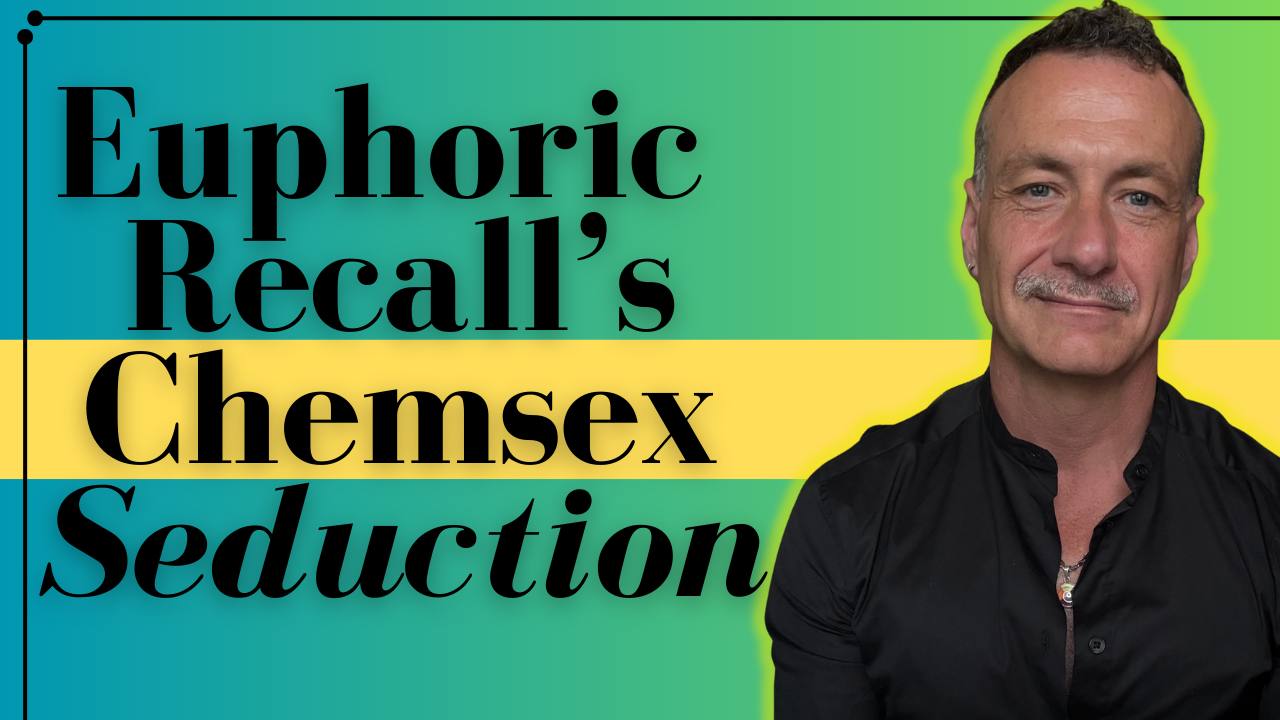
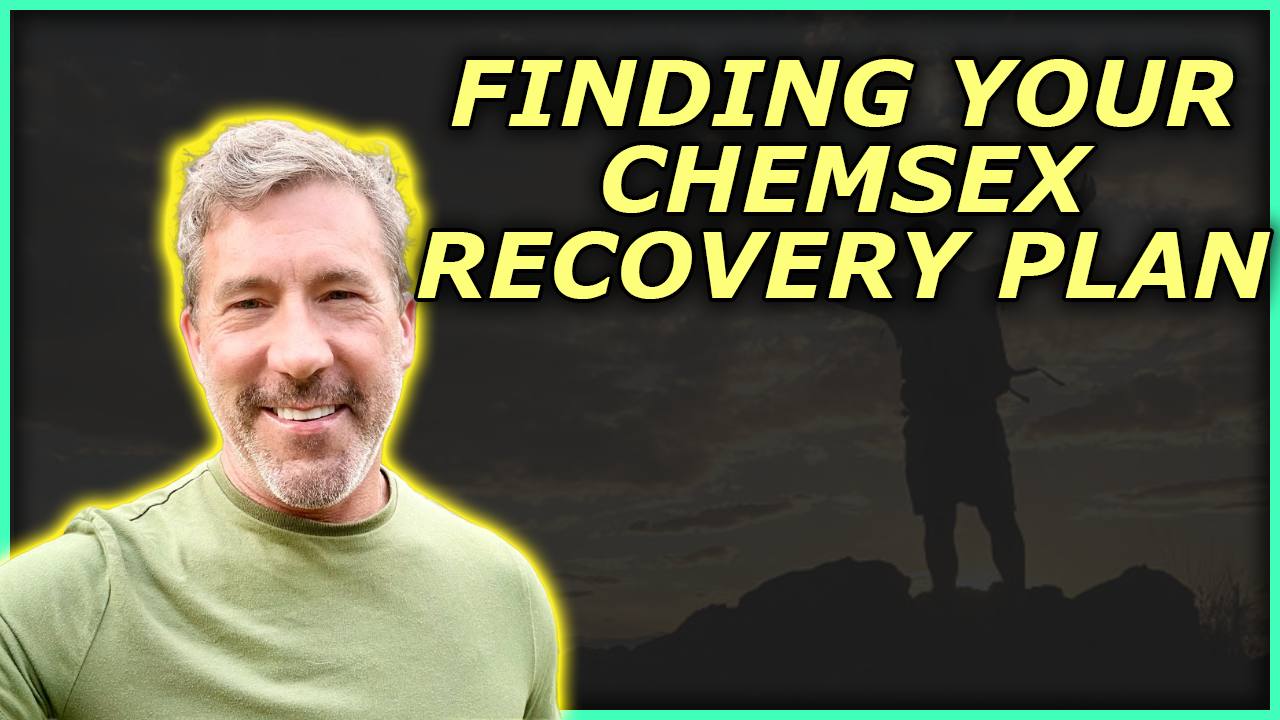
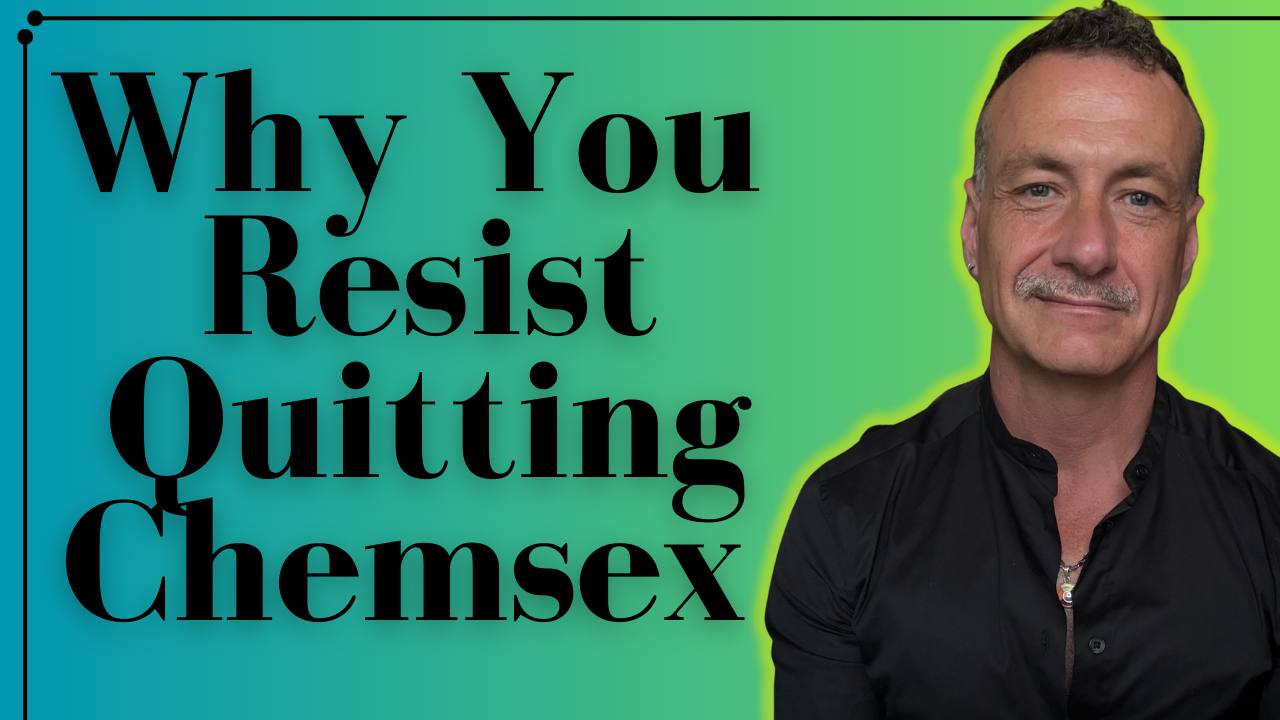
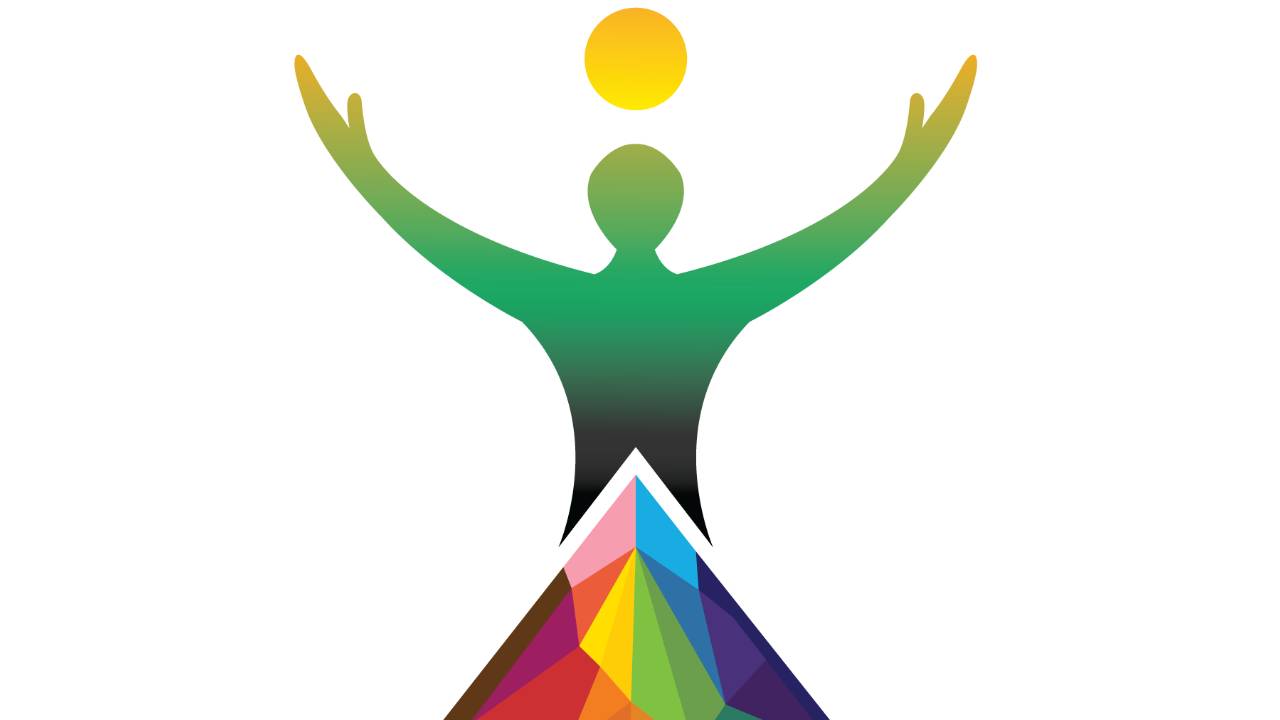
Responses